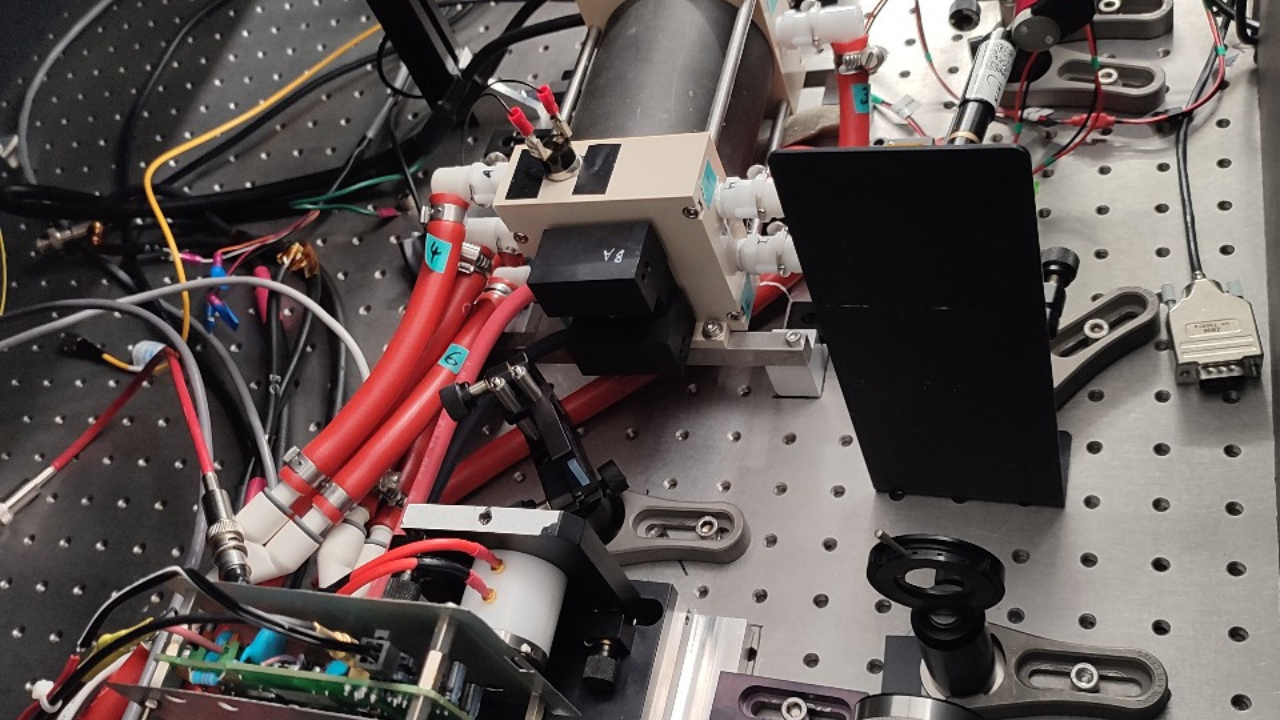[ad_1]
BENGALURU: In a major scientific breakthrough, an international team of researchers has successfully demonstrated laser cooling of Positronium for the first time. The breakthrough experiment was carried out by the Antihydrogen Experiment: Gravity, Interferometry, Spectroscopy (AEgIS) collaboration at the European Organization for Nuclear Research (CERN).
The results, published in the journal Physical Review Letters, show that the researchers were able to cool Positronium atoms from about 380 Kelvin to 170 Kelvin using a specialised laser system.Positronium is an exotic atom consisting of an electron and its antimatter counterpart called a positron.
“This is the first time Positronium has been laser cooled. It opens up possibilities for further advancements in antimatter research and tests of the equivalence principle between matter and antimatter,” said Prof Sadiq Rangwala of Raman Research Institute, the only Indian physicist who is part of the AEgIS collaboration.
The cooling of Positronium atoms was achieved through a highly complex process using an alexandrite laser system developed specifically for this experiment. According to Prof. Rangwala, who designed critical laser diagnostics for the experiment, the technological challenges involved were immense.
“We had to introduce numerous innovations in lasers, laser alignment, timing and control systems to make this science a reality under the difficult conditions of an accelerator beam hall,” he said.
The breakthrough could pave the way for exotic systems like Bose-Einstein Condensates of Positronium atoms. It is also an important step towards the larger goals of the AEgIS experiment involving precisely comparing the properties of antimatter systems with their matter counterparts. This could finally help solve one of the biggest mysteries in physics today around the imbalance between matter and antimatter in the universe.
The AEgIS collaboration comprises 19 European research groups along with Prof. Rangwala’s team from India. Their result comes after years of dedicated research towards using laser cooling and precision spectroscopy techniques to gain insights into antimatter systems.
[ad_2]






